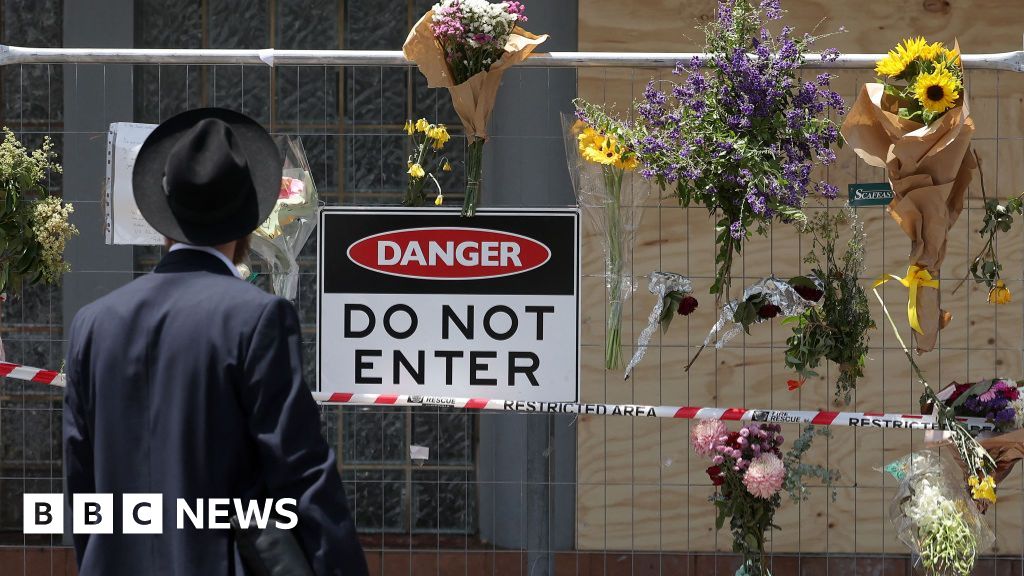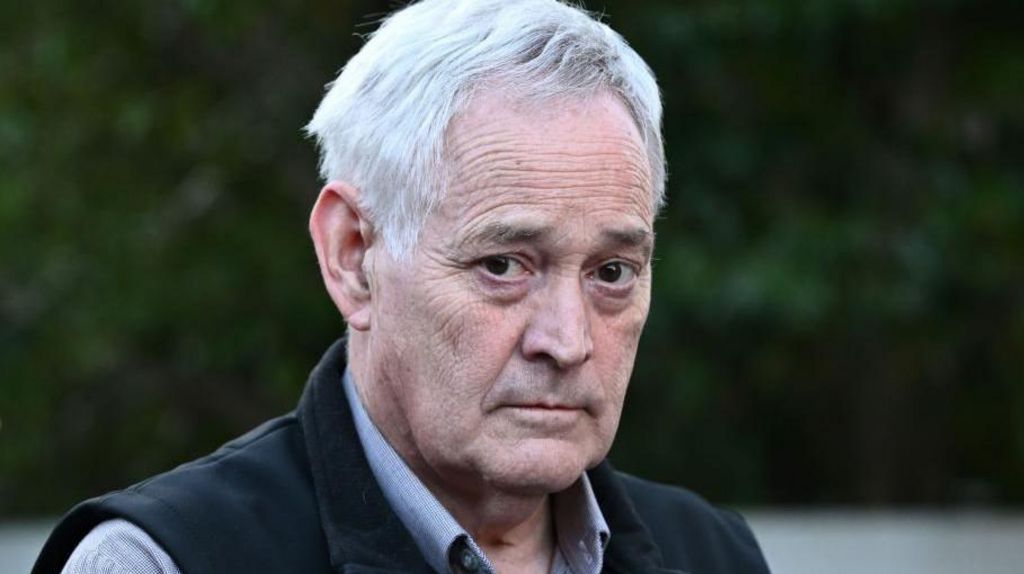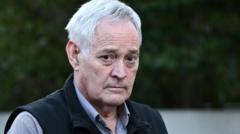At 10:18 on Monday, Erin Patterson was led from courtroom four inside Melbourne's Supreme Court building to begin a life sentence in prison. Her slow shuffle took her directly past two rows of wooden benches squeezed full of journalists, each scrutinising Patterson's exit for any final detail. Upstairs in the public gallery, observers craned their necks to get a last glimpse – possibly for decades, perhaps ever – of the seemingly ordinary woman who is one of Australia's most extraordinary killers.
Also watching her was Ian Wilkinson, the only survivor of Patterson's infamous mushroom meal in 2023, a cruel murder plot the judge decried as an enormous betrayal. For months, Mr. Wilkinson walked in and out of court without uttering a public word. On Monday, however, he paused on the courthouse steps to speak to media for the first time, calmly thanking police who brought to light the truth of what happened to three good people, and the lawyers who tried the case for their hard work and perseverance.
Wilkinson, who lost his wife Heather and two close friends due to the toxic mushrooms, expressed how silent their home is now, a poignant reminder of his loss. I only feel half alive without her, he poignantly stated, lamenting the absence of companionship for daily tasks.
As the media frenzy around this high-profile case continues, the impact on the families involved is profound. Wilkinson's appeal for privacy reflects a deep desire for respite from the ongoing scrutiny that has complicated their grieving process. Justice Christopher Beale, during sentencing, detailed how Patterson's actions have traumatized four generations and emphasized the deep trust that was betrayed.
The case has drawn worldwide attention not just for its tragic events but the ensuing drama and media portrayal, with numerous podcasts, documentaries, and articles dissecting every detail. With Patterson's life sentence allowing her eligibility for release at 82, the repercussions of her actions will be felt deeply by those left behind—especially the children, who will grow up under the weight of their family's notorious legacy.
As Wilkinson urges kindness from the public, he hopes for a quieter future, one where he and his children can begin to heal away from the storm of public interest.
Also watching her was Ian Wilkinson, the only survivor of Patterson's infamous mushroom meal in 2023, a cruel murder plot the judge decried as an enormous betrayal. For months, Mr. Wilkinson walked in and out of court without uttering a public word. On Monday, however, he paused on the courthouse steps to speak to media for the first time, calmly thanking police who brought to light the truth of what happened to three good people, and the lawyers who tried the case for their hard work and perseverance.
Wilkinson, who lost his wife Heather and two close friends due to the toxic mushrooms, expressed how silent their home is now, a poignant reminder of his loss. I only feel half alive without her, he poignantly stated, lamenting the absence of companionship for daily tasks.
As the media frenzy around this high-profile case continues, the impact on the families involved is profound. Wilkinson's appeal for privacy reflects a deep desire for respite from the ongoing scrutiny that has complicated their grieving process. Justice Christopher Beale, during sentencing, detailed how Patterson's actions have traumatized four generations and emphasized the deep trust that was betrayed.
The case has drawn worldwide attention not just for its tragic events but the ensuing drama and media portrayal, with numerous podcasts, documentaries, and articles dissecting every detail. With Patterson's life sentence allowing her eligibility for release at 82, the repercussions of her actions will be felt deeply by those left behind—especially the children, who will grow up under the weight of their family's notorious legacy.
As Wilkinson urges kindness from the public, he hopes for a quieter future, one where he and his children can begin to heal away from the storm of public interest.



















